Is "Carbo-Loading" as straightforward as we think?

Having recently returned from the Ironman World Championships in Kona, “Carbo Loading” in the race week was something mentioned is just about every conversation. Like it was a fact. However, carbohydrate loading prior to an endurance event is indeed ubiquitous – but why? And how should we do it? Let’s discuss.
Energy stores
This will be a refresher for regular readers of my blog, or of our monthly summary of the latest endurance science research, TSS – but understanding the whys and hows of pre-exercise carbohydrate loading requires some knowledge of the energy stores we have in the body, and how we use them during exercise.
During endurance exercise, particularly relatively even-paced events like marathons or Ironman triathlons, almost all of the energy production we need to power muscle contractions come from aerobic metabolism, or the breakdown of fuels in oxygen-dependent pathways. That’s why we have lungs, our heart, blood, and blood vessels, to deliver oxygen to our tissues fo...
Eating Before your Workout I Carbohydrate vs Protein vs Fasted

The question of “what should I eat before training”, is one that personally, I get asked a lot! Both by the athletes I coach, and by our Endure IQ education community (athletes and coaches). Up until now, I’ve always answered based on what I thought I knew, and what the literature pointed towards. However, to put it simply, the research just hasn’t been done in this space. That’s why I was super excited when I met my PhD student Jeff Rothschild nearly two years ago and learned this was the question he was eager to answer. I know what you’re thinking “this has surely been researched and already known?" Well, quite simply, it hasn’t, and certainly not in well-trained athletes.
As part of our quest to help figure out how we should be eating before exercise, I'm excited to share with you the findings from a new study from our lab that was just published, titled "Pre-Exercise Carbohydrate or Protein Ingestion Influences Substrate Oxidation but Not Performance or Hunger Compared with Cyclin...
Pre-exercise nutrition: What do we know and how should we use it?
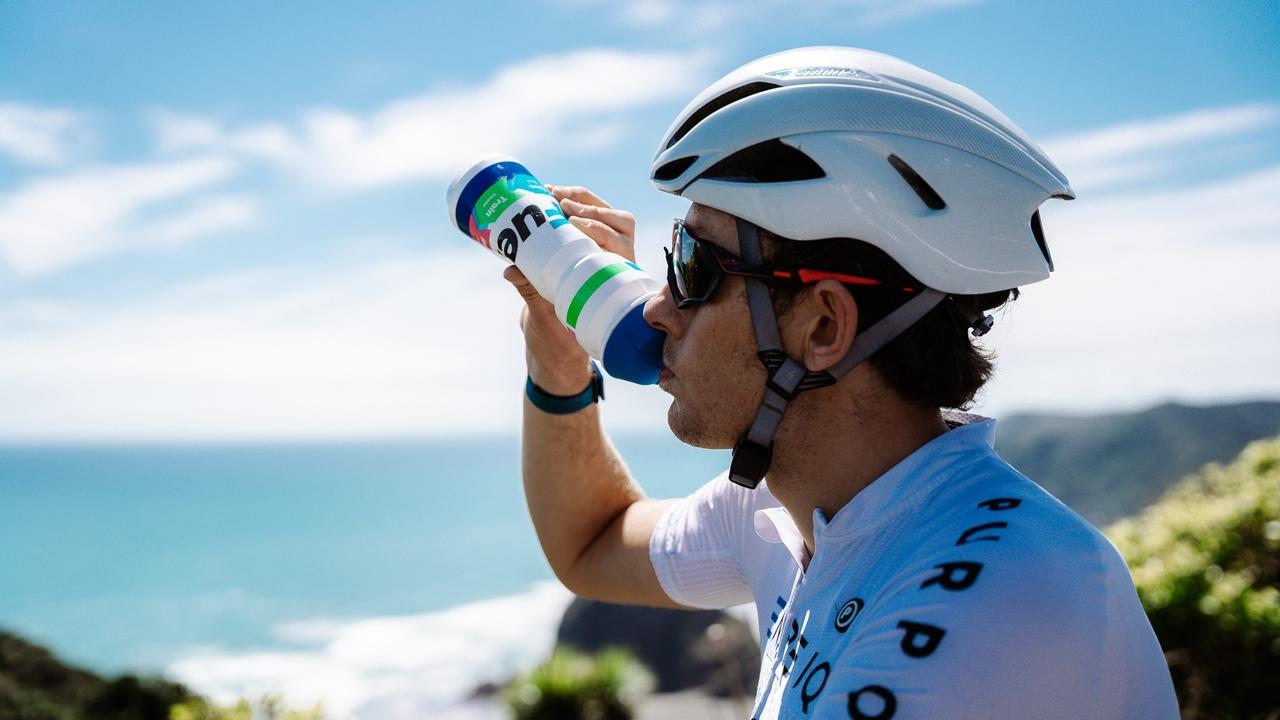
-Dr Dan Plews
All endurance athletes eat, and all endurance athletes train. Whether consciously or not, all endurance athletes therefore have to make decisions about what they eat (or don’t eat) before training. Pre-exercise nutrition has the potential to impact the substrates we utilize to fuel training (i.e. fats and carbohydrates), our performance in training (i.e. the watts or pace we put out), and also our adaptive responses to the training stimulus (1, 2).
Pre-exercise nutrition is therefore a fascinating and highly relevant area of study in sports science. Recently, my PhD student Jeff Rothschild, AUT Professor Andrew Kilding and myself published a large review of the effects of pre-exercise nutrition on a range of metabolic and physiological responses in the open-access journal Nutrients (3). We pooled the results of 125 studies, which included data from 1245 athletes (~13% females) to assess the effects of pre-exercise carbohydrate (CHO) ingestion and pre-exercise muscle gly...
Should we take exogenous ketones during a long-distance triathlon?
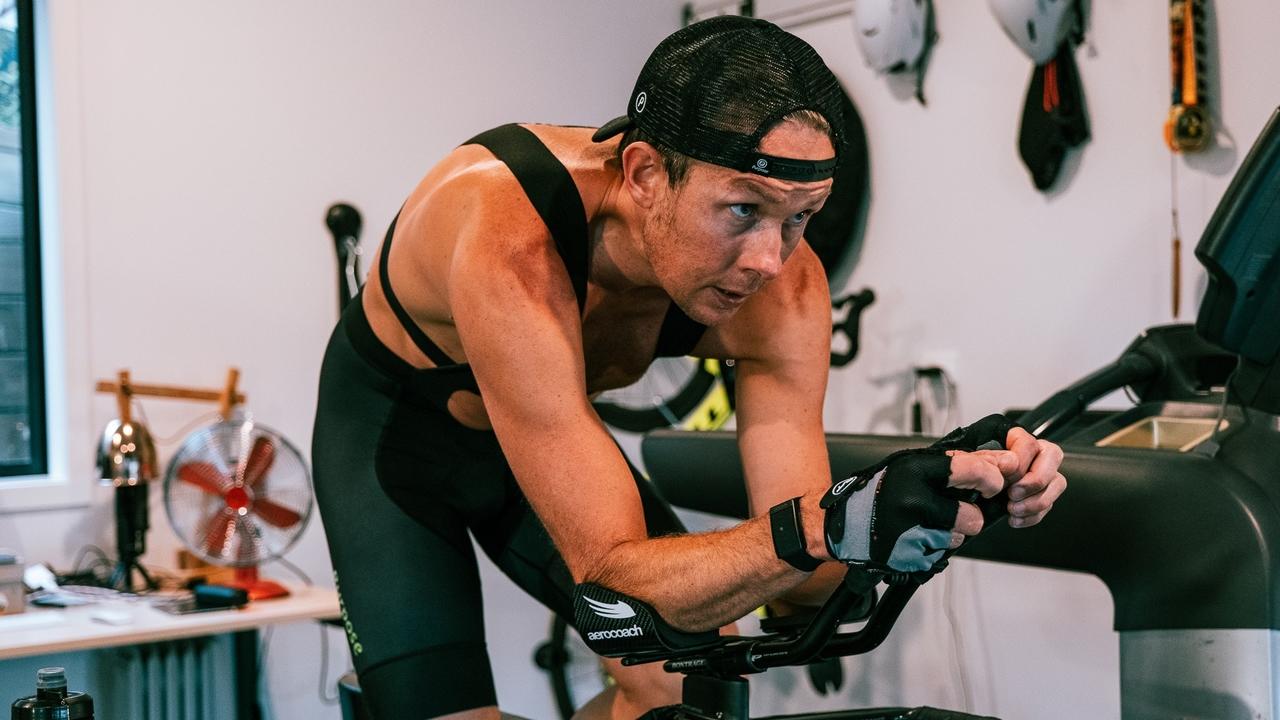
- Dr Dan Plews and Ed Maunder
A review of the review by David M. Shaw et al. Sports Medicine 50(4): 641-656, 2020
In this blog, we are going to summarize a recently published review by former AUT PhD student Dave Shaw on the evidence for and against exogenous ketone ingestion (11), as well as some of our own personal experiences. Dave’s PhD included studies on both the ingestion of exogenous ketones in a sports drink and longer-term adaptation to a very low-carbohydrate, ketogenic diet (10, 12), with one of the main purposes of this review being to highlight the stark differences between these two interventions. In this blog however, we are going to focus on studies of exogenous ketone supplementation for endurance performance. Ed (PhD student & Endure IQ LDT102 guest instructor) was fortunate enough to be part of the team of authors writing the review.
Exogenous ketones
A point here to note is that when we discuss exogenous ketones, we are not referring to ingestion ...
CHO Supplementation for High Intensity Training in LCHF Long-Distance Triathletes: When and How
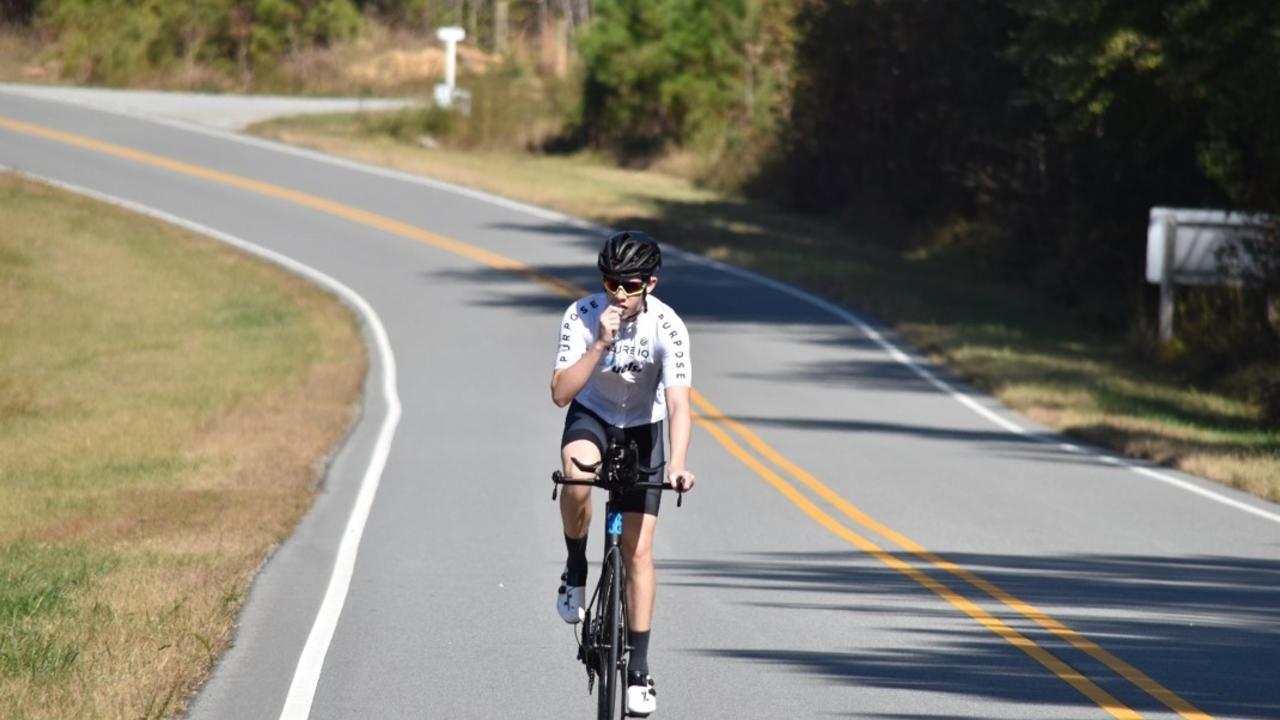
-Dr Dan Plews
By now, I hope all of our current and past LDT101 course enrolees are convinced of how important it is to maximise your capacity to make use of your effectively unlimited fat energy stores during long distance triathlon. As Prof. Grant nicely puts it during the course introduction in Endure IQ LDT101: The Practical Application of Low Carbohydrate Performance for Long Distance Triathlon, “the devil is in the detail!”. In this blog post, I am going to describe specific training situations in which using a small “carbohydrate booster” might be a useful tool in getting the best adaptive bang for your buck.
Background
As we have discussed previously, one of the main anxieties endurance athletes have before making the move to LCHF, is the possibility of suffering a loss of high-intensity performance. The strategy we set out in LDT101 should go some way to alleviating these anxieties but it is no secret that being able to access carbohydrate energy stores is importa...
Will my Carbohydrate Usage Change in Kona? How Heat Impacts Substrate Metabolism - Part 2

As we discussed in part one of this blog, our recently published study led by my PhD student Ed Maunder (5) identified that moderate environmental heat stress of 35°C and 60 % relative humidity stimulates our carbohydrate use during cycling, but probably only at high intensities rather than the more moderate Wattages we cycle at most of the time during an Ironman triathlon. Practically, this might mean that we are cautious to limit high intensity spikes during the World Championships in Kona where we face the dual threats of bonking, and high heat, given that this could theoretically spin our carbohydrate use to a much greater extent than at an Ironman taking place at a lower temperature.
The second part of that same study sought to examine these effects under both more extreme, and less extreme environmental heat stress, given the wide-ranging conditions we encounter on the Ironman circuit, at different events and also within the same event. For example, it’s well known that the temp...
Substrate Implications and Usage When Racing in the Heat - Heat Spins Glycogen - Part 1
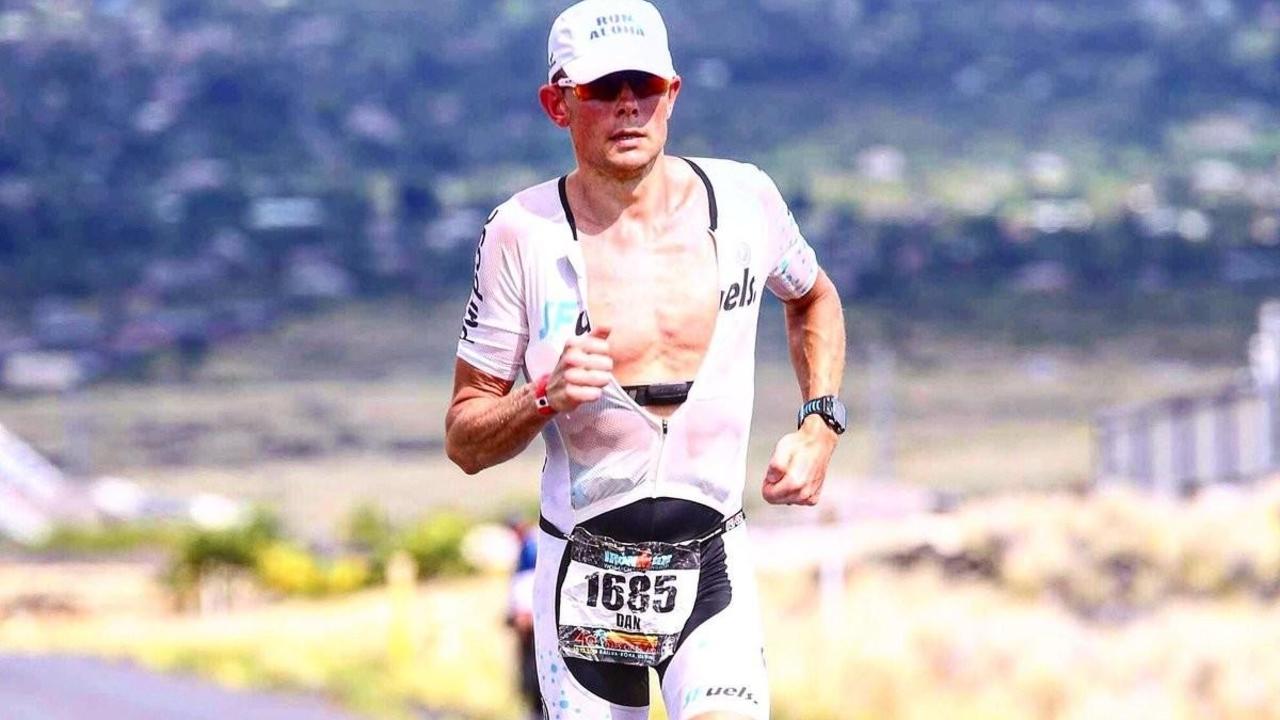
As all long-distance triathletes will know, a hot topic and key consideration when fine-tuning your preparation for the Ironman World Championships in Kona is heat. The effect of the high environmental temperatures encountered at The Big Dance on our physiology, psychology, and performance is so pronounced that we are actually putting together an entire course dedicated to it – LDT103, for which enrolments will open in May 2020.
This blog will summarize a recently published study conducted at AUT by my PhD student Ed Maunder (5), which focused on how acute heat stress impacts substrate metabolism during endurance exercise (i.e. fat vs carbohydrate use). We like to talk about this topic a lot and the implications of this study nicely link back to the important principles we outlined in our online course Endure IQ LDT101: The Practical Application of Low Carbohydrate Performance for Long Distance Triathlon. It’s undeniable that, reserving our limited carbohydrate energy stores during a ...
Jan Van Berkel: The Ketocop on the Low Carb Healthy Fat Diet

Fresh off the plane from Zurich, I’m still on a high after seeing my good friend and athlete Jan van Berkel finished on top of the podium at the last ever Zurich-hosted Ironman Switzerland last weekend in a blistering time of 8:17:04. Jan likes to call himself The Ketocop, so the title of this blog is very appropriate.
Jan led the field out of the water with a 51:38 swim, led the field off the bike after a 4:35:14, and romped home to a 6-min victory over countryman Sven Riederer after a 2:46:41 marathon. Jan’s victory seems like an appropriate time to talk you through the journey we have been on through his Ironman career to date.
Jan approached me in 2016 as a very talented triathlete with quality results in Olympic distance triathlon but he was struggling to transition to Ironman. He had, as many do, been consistently blowing up in the last 10-15 km of the marathon, full of gels but out of gas. Given his pedigree at the Olympic distance, I certainly could see the potential in...
What is your Maximal Fat Oxidation Rate?
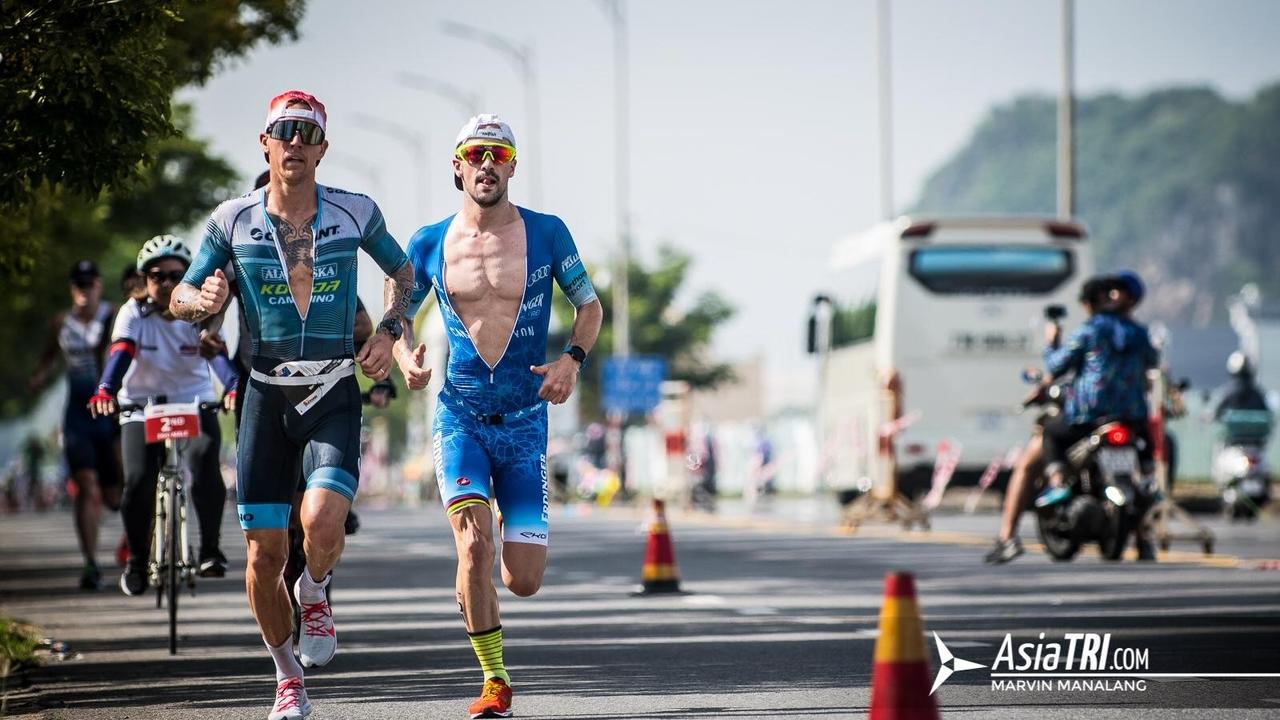
Photo credit AsiaTri
By Ed Maunder and Dan Plews
Straight off the back of some great racing at this weekend's 70.3 Vietnam Asia-Pacific Champs, we thought it was high time for another blog post. Some epic racing from some of our athletes last week, and greatly deserved. Berks taking second to current back-to-back World Ironman Champ Patrick Lange, and Assad Attimimi and Merle Talviste taking age-group wins (& 2nd spots in the age-group overall).
In the previous two blogs we talked about our paper in Sports Medicine last year where we made estimates of fat and carbohydrate utilisation rates during Ironman Triathlon at different performance standards (8, 9, and 13-h finishing times). We also published the spreadsheet we used to do this online, where individual athletes and practitioners could plug in their own measured values from laboratory assessments to enable more precise estimates.
However, we understand that many individuals do not have access to the laboratory assessm...
